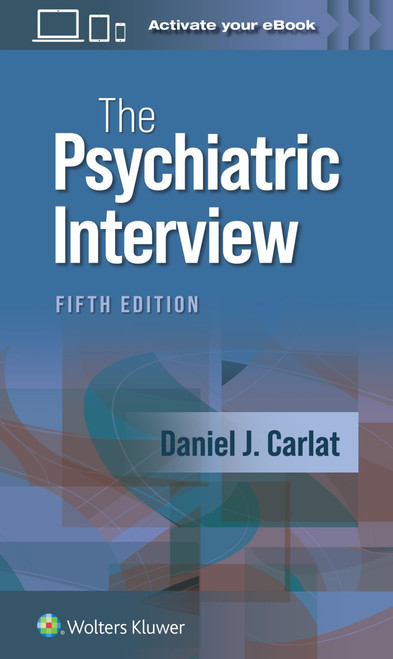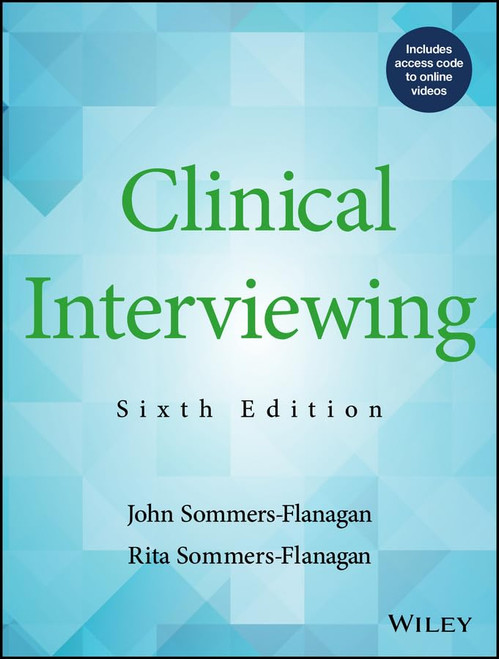One of the major breakthroughs in the treatment of cardiovascular disease has been the introduction of fibrinolytic therapy. Better knowledge of the pathogenesis of acute ischemic syndromes has identified acute thrombosis as the triggering event in most cases. Thrombosis of large and small arteries may have catastrophic consequences as sudden death, myocardial infarction, ischemic stroke, pulmonary embolism and acute limb necrosis. Fibrinolytic therapy is aimed at early restoration of occluded blood vessels thereby improving symptoms and organ recovery, reducing infarct size and subsequently improving quantity and quality of life. However, fibrinolytic drugs have severe, sometimes fatal side-effects. They mainly consist of bleeding, sometimes fatal cerebral bleeding. Therefore, stringent patient selection is mandatory: age, time to treatment, relative and absolute contraindications and comitant medication are of utmost importance for safe and efficacious fibrinolysis.
The Psychiatric Interview in Clinical Practice, 1e
MSRP:
Was:
Now:
$40.64 - $48.73
(You save
)
- SKU:
- UPC:
- 9780721659732
- Maximum Purchase:
- 3 units
- Binding:
- Hardcover
- Publication Date:
- 1971-05-15
- Author:
- Roger A. Mackinnon MD
- Language:
- english

Brand: Lippincott Williams Wilkins
The Psychiatric Interview (Practical Guides in Psychiatry)
MSRP:
Was:
Now:
$59.76 - $68.97

Psychotherapy for the Advanced Practice Psychiatric Nurse, 1e
MSRP:
Was:
Now:
$75.22 - $93.56

Brand: Lippincott Williams n Wilkins
The Psychiatric Interview: A Practical Guide (Practical Guides for Psychiatry)
MSRP:
Was:
Now:
$22.87 - $300.00

The Psychiatric Interview
MSRP:
Was:
Now:
$69.52 - $78.53

Davis Instruments
The Medical Interview: Mastering Skills for Clinical Practice (Medical Interview)
MSRP:
Was:
Now:
$12.92 - $64.48

Brand: Churchill Livingstone Australia
Whiplash: evidence base for clinical practice, 1e
MSRP:
Was:
Now:
$105.07 - $123.90

Harry Stack Sullivan
The Psychiatric Interview (Norton Library (Paperback))
MSRP:
Was:
Now:
$12.13 - $42.42
!



